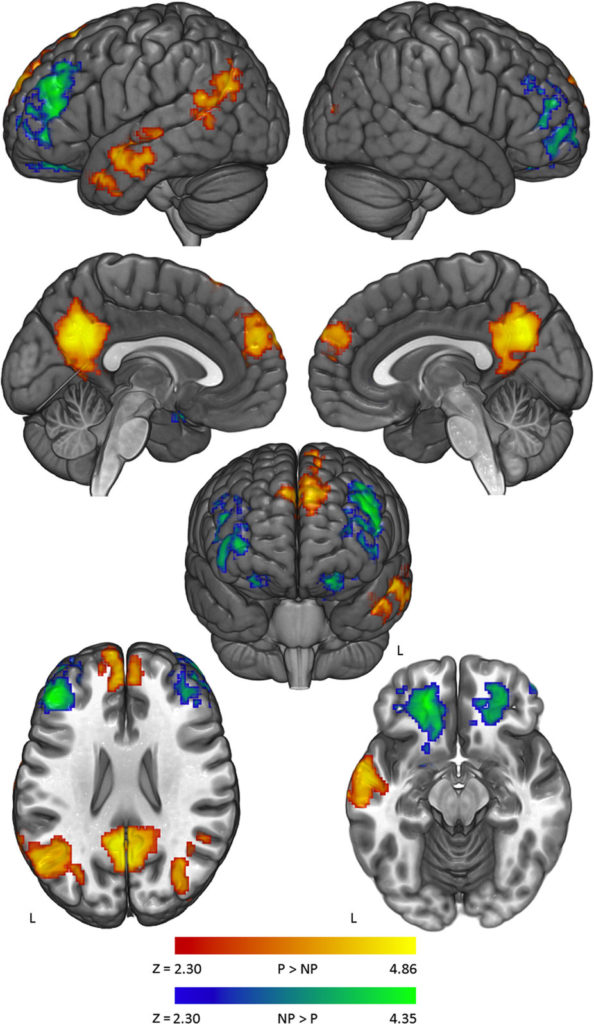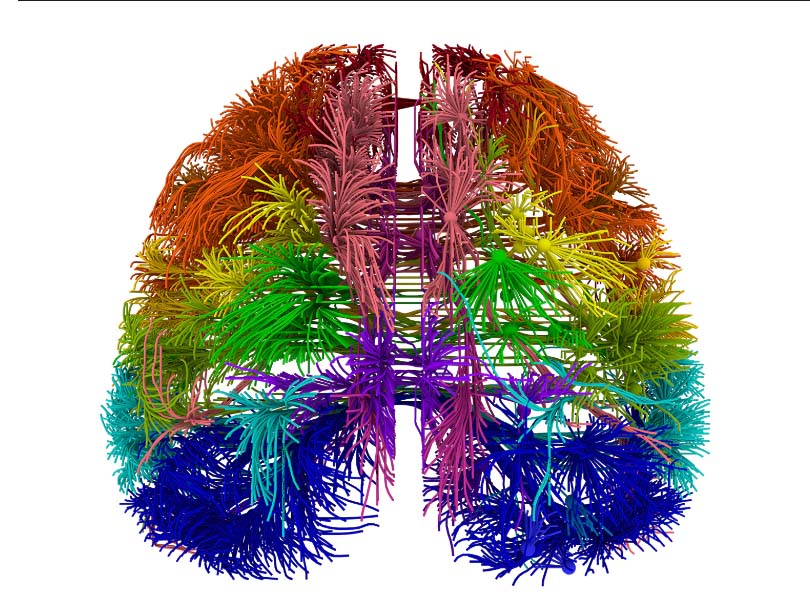This evening, Intelligence Squared U.S. will be hosting a live debate: The Universal Basic Income Is The Safety Net Of The Future. Imagine getting a check from the government every month. $600 guaranteed. It’s happening in Finland, where a pilot program is being launched to test what’s known as a “universal basic income.”
READ REMARKS....Intelligence Squared US
All posts tagged Intelligence Squared US
The Neuroscience of Open-Mindedness Related to Political Views
by robertrosenkranz on February 9, 2017Sourced from iq2us.org and Scientific Reports
Most people like to think of themselves as open-minded and rational, but a new and fascinating study reveals that the brain is neurologically hard-wired to defend political beliefs – and feels severely threatened when opposed.
In this USC-led study, neuroscientists have determined that when people’s political beliefs are challenged, our brains respond in a similar manner to personal threats. Basically, it cues the “fight or flight” survival instinct: the brain’s areas involved in personal identity and emotion senses activate in a similar manner to an attack on a deeply personal and emotional level. How did they measure participant responses?
“In this study, we performed functional MRI to measure the brain activity of 40 individuals with strong political views as they encountered arguments against their beliefs. All the subjects were self-identified as political liberals of deep conviction. Inside the fMRI scanner, participants saw a series of statements they previously indicated strongly believing, followed by several challenging counterarguments. After participants read all five counterarguments, the original statement was shown again and they reported their post-challenge belief strength. The difference between pre-scan and post-challenge ratings was used as a measure of belief change. In order to compare high belief persistence to low belief persistence, in one condition we challenged strongly held political beliefs, and in another condition we challenged strongly-held non-political beliefs. While the non-political beliefs were just as strongly held according to the participants who held them, we did not expect these beliefs to be defended with the same vigor.”
When challenged, participants often shut down, disregarding any rational evidence that is contrary to their beliefs. Political beliefs are often so entrenched that they become unmovable, or as lead author of the study Jonas Kaplan puts it, “to consider an alternative view, you would have to consider an alternative version of yourself.”
As the study’s authors note, this shutdown of dialogue poses a serious problem for our shared future.
“The inability to change another person’s mind through evidence and argument, or to have one’s own mind changed in turn, stands out as a problem of great societal importance,” the researchers wrote. “Both human knowledge and human cooperation depend upon such feats of cognitive and emotional flexibility.”
Just look at the data from the MRI scans of brain activity:

Understanding the root causes of the growing hyper-partisanship in the U.S. is the first step towards a more conscientious, participatory, and effective political discourse. In order to combat a predilection towards bickering and misunderstanding, we have to actively fight against that, keeping lines of communication open, and always focusing on civility and respect.
Thankfully, there are more than 130 debates in the Intelligence Squared U.S. Debate archive that are designed to challenge your point of view – in a way your brain will welcome. Hear both sides engage in a thoughtful, considerate and open-minded dialogue on even the most polarizing topics. We know the debate format works: more than 50% of our listeners change their minds when exposed to the other side. Get started here.
READ REMARKS....Debate Opening Remarks: Are Lifespans Long Enough?
by robertrosenkranz on March 23, 2016What if human beings didn’t have to grow old and die? That’s how we framed the latest Intelligence Squared U.S. debate, “Lifespans Are Long Enough.”
Life expectancy has increased significantly in the last hundred years thanks to medical advancements, among other sociological changes. As aging and biotechnology research rapidly progresses, new treatments have emerged that some believe can “cure” aging. What are the ethical and sociological implications of increasing human lifespans from 78.8 years to 125 years to even 1,000 years, as our debater Aubrey de Grey has famously claimed is possible?
READ REMARKS....Intelligence Squared US Debate Analysis: U.S. Prosecutors Have Too Much Power
by robertrosenkranz on December 15, 2015Robert Rosenkranz: Intelligence Squared US Debate Analysis
U.S. Prosecutors Have Too Much Power
More than 90% of America’s prison population has never had a jury trial. Instead, they are in jail following plea bargains negotiated with prosecutors.
In these negotiations, prosecutors have vastly more bargaining power than the accused. Since plea bargaining saves time for judges, juries, and the entire apparatus of the court system, it is arguably an efficient approach. But does it produce just results?
Best of Enemies: The State of Debate
by robertrosenkranz on August 27, 2015Originally published in the Huffington Post on 08/26/2015
The compelling new documentary, Best of Enemies, centers around an extraordinary series of debates between William F. Buckley, widely considered the intellectual godfather of the conservative movement, and Gore Vidal, the prolific leftist novelist and polemicist (and cousin to Jackie Onassis).
READ REMARKS....







